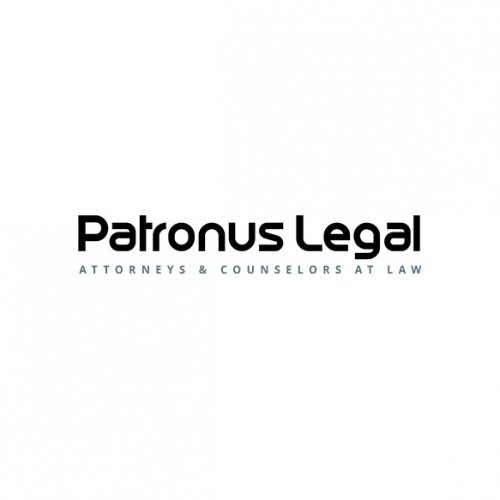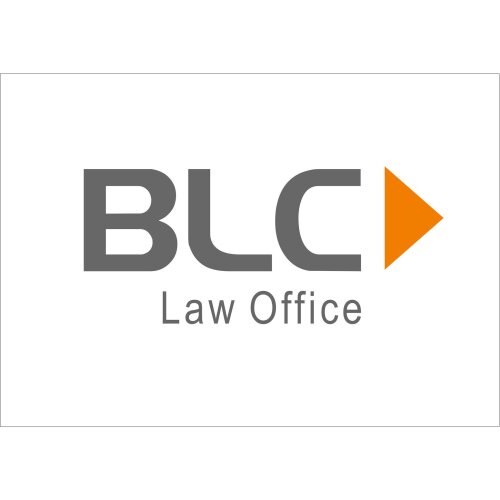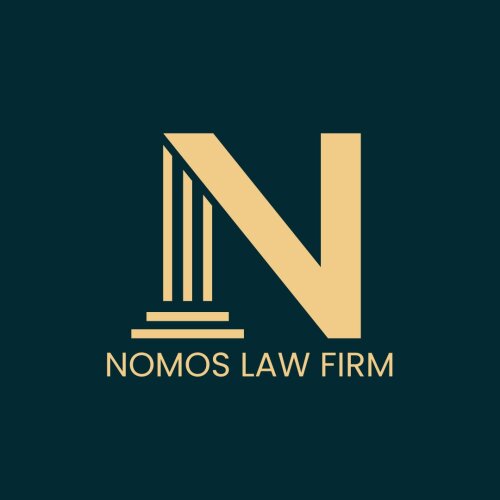Best Renewable & Alternative Energy Lawyers in Tbilisi
Share your needs with us, get contacted by law firms.
Free. Takes 2 min.
List of the best lawyers in Tbilisi, Georgia
About Renewable & Alternative Energy Law in Tbilisi, Georgia
Renewable and alternative energy law in Tbilisi, Georgia, is an evolving field that focuses on the regulation, promotion, and management of energy production from sustainable sources. As Georgia seeks to diversify its energy portfolio and reduce reliance on fossil fuels, the city of Tbilisi has become a hub for renewable energy projects including hydropower, solar, wind, and biomass. The legal landscape supports both local and foreign investment and encourages the development of innovative energy solutions. Laws and regulations are continually being updated to align with international standards and environmental commitments, especially as Georgia aims to integrate more closely with the European Union.
Why You May Need a Lawyer
Engaging a legal professional in the field of renewable and alternative energy may be necessary for several reasons. Individuals and businesses often encounter complex regulatory requirements when starting a renewable energy project. These include acquiring permits, securing land rights, negotiating power purchase agreements, and ensuring compliance with environmental and zoning standards. International investors may need guidance on navigating Georgia’s local laws and understanding incentives or tax benefits specific to renewables. Additionally, disputes regarding energy contracts, project financing, or government approvals can arise and require experienced legal counsel for resolution.
Local Laws Overview
Renewable and alternative energy in Tbilisi is regulated by both national and municipal legislation. Key laws include the Law of Georgia on Electricity and Natural Gas, which outlines the rules for generation, transmission, and distribution of energy. The Law of Georgia on Promotion of the Generation and Use of Energy from Renewable Sources provides the framework for supporting renewables, including project licensing and grid access. Environmental protection measures are also codified to ensure that projects meet sustainability requirements. The government offers incentives such as simplified permitting processes and, in some cases, preferential tariffs for renewable energy producers.
Special attention should be given to municipal codes in Tbilisi, which may impose specific zoning requirements or offer further incentives for urban renewable investments. Compliance with all relevant Georgian environmental impact assessment (EIA) procedures is mandatory for larger projects.
Frequently Asked Questions
What types of renewable energy are most common in Tbilisi, Georgia?
The most common types of renewable energy used in Tbilisi and across Georgia are hydropower, solar energy, and, to a lesser extent, wind and biomass.
What are the main laws regulating renewable energy in Tbilisi?
The Law of Georgia on Electricity and Natural Gas and the Law of Georgia on Promotion of the Generation and Use of Energy from Renewable Sources are the main regulations covering renewable energy projects in Tbilisi.
Are there incentives for investing in renewable energy in Georgia?
Yes, the government offers incentives such as simplified licensing, preferential tariffs for certain types of renewable energy, and potential financing options.
Do I need permits to install a solar panel system in Tbilisi?
Yes, permits are usually required, especially for larger solar panel installations. Residential rooftop solar may have simplified requirements, but consultation with the local authorities is recommended.
How can foreign investors participate in the Georgian renewable energy market?
Foreign investors are welcomed and often benefit from the same legal framework as local entities. They must adhere to investment laws, obtain necessary licenses, and may benefit from investment protection agreements.
What are the environmental assessment requirements?
Large-scale renewable projects must undergo an environmental impact assessment (EIA) that evaluates potential effects on local ecology and communities.
What government agency regulates energy matters in Tbilisi?
The Georgian National Energy and Water Supply Regulatory Commission (GNERC) oversees market regulation, while the Ministry of Economy and Sustainable Development in Georgia is responsible for energy policy.
Is net metering available for small-scale producers?
Georgia currently allows limited net metering for small producers to feed surplus energy back into the grid, subject to specific conditions set by GNERC.
What legal risks exist for renewable energy projects?
Common risks include changes in law, regulatory delays, disputes over land use, disagreements in power purchase terms, and environmental compliance challenges.
What should be included in a power purchase agreement (PPA)?
A PPA should outline pricing, duration, delivery obligations, penalties for non-performance, dispute resolution processes, and mechanisms for renegotiation should regulations or tariffs change.
Additional Resources
Several organizations and governmental bodies provide support and information on renewable and alternative energy in Tbilisi:
- Georgian National Energy and Water Supply Regulatory Commission (GNERC)
- Ministry of Economy and Sustainable Development of Georgia
- Energy Development Fund of Georgia
- Georgian Renewable Energy Development Association (GREDA)
- Tbilisi City Municipal Government - Environmental and Energy Departments
- International organizations such as USAID and the European Bank for Reconstruction and Development (EBRD) involved in green energy projects
Next Steps
If you require legal guidance in renewable and alternative energy matters within Tbilisi, Georgia, the first step is to consult with a qualified attorney experienced in energy law. Gather all relevant documents about your project or issue, including contracts, permits, and correspondence with authorities. Prepare a clear summary of your objectives or concerns. Reach out to local Bar associations or legal aid services for recommendations. Consider arranging an initial consultation to discuss your matters, expected timelines, and possible legal strategies. Staying informed about policy changes and seeking ongoing legal advice during each project stage can help you avoid common pitfalls and achieve successful outcomes in Tbilisi’s dynamic renewable energy sector.
Lawzana helps you find the best lawyers and law firms in Tbilisi through a curated and pre-screened list of qualified legal professionals. Our platform offers rankings and detailed profiles of attorneys and law firms, allowing you to compare based on practice areas, including Renewable & Alternative Energy, experience, and client feedback.
Each profile includes a description of the firm's areas of practice, client reviews, team members and partners, year of establishment, spoken languages, office locations, contact information, social media presence, and any published articles or resources. Most firms on our platform speak English and are experienced in both local and international legal matters.
Get a quote from top-rated law firms in Tbilisi, Georgia — quickly, securely, and without unnecessary hassle.
Disclaimer:
The information provided on this page is for general informational purposes only and does not constitute legal advice. While we strive to ensure the accuracy and relevance of the content, legal information may change over time, and interpretations of the law can vary. You should always consult with a qualified legal professional for advice specific to your situation.
We disclaim all liability for actions taken or not taken based on the content of this page. If you believe any information is incorrect or outdated, please contact us, and we will review and update it where appropriate.












